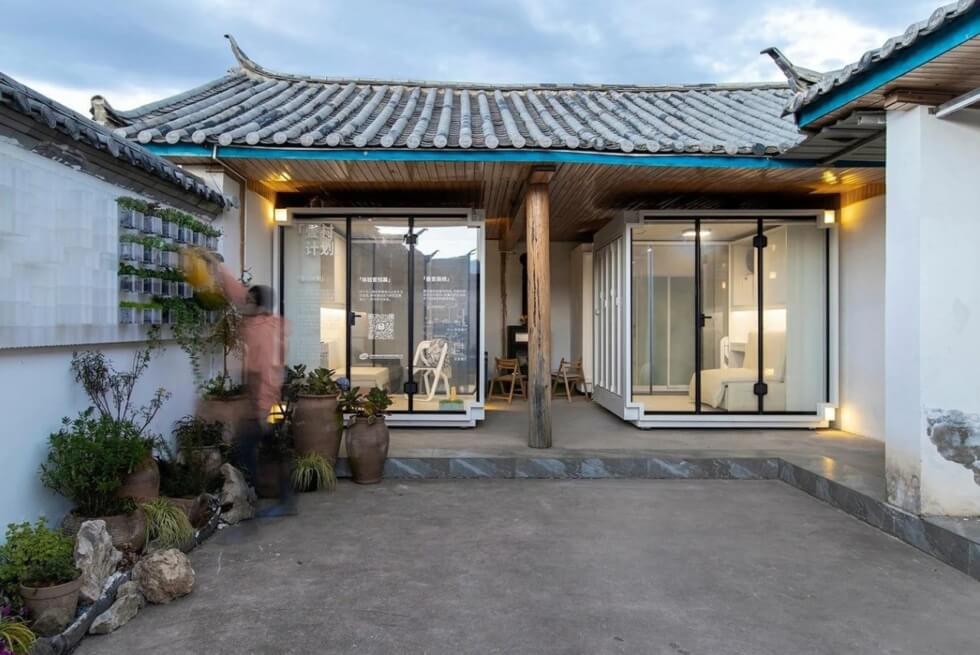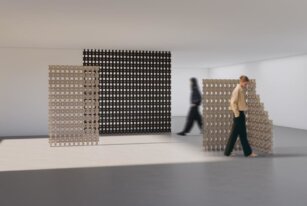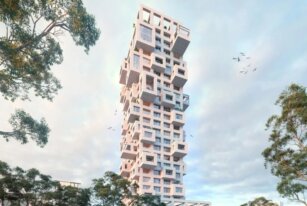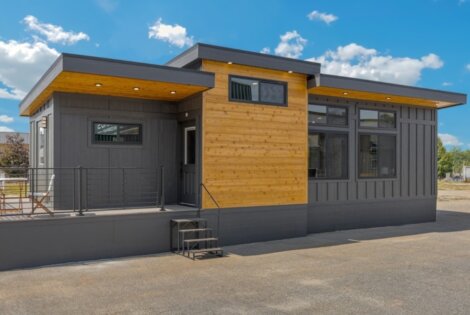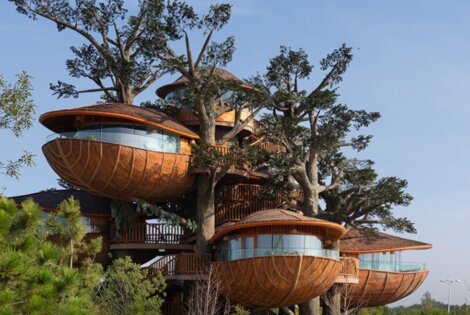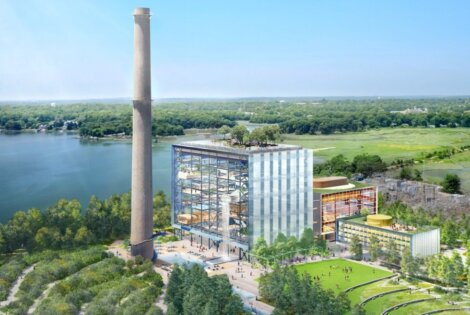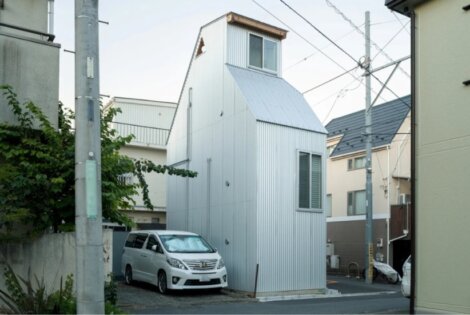Whenever people go on long road trips outside of their bustling urban landscape, they are bound to pass through rural areas. Depending on where you grew up the architecture in these areas can evoke nostalgia or may seem like just your average structure. Meanwhile, the Shenzen Institute of Building Research Co. Ltd. intends to promote visits to the countryside via the Superposition Village project.
For a country that values its vast cultural heritage, the team proposes an initiative wherein modular buildings can aid in the reduction of carbon emissions. This approach allows selected factories to produce sustainable components to be used in the construction of dwellings, offices, and whatever else is required.
These modules are mostly fabricated out of aluminum and glass, but the team is also open to recycling materials to serve other eco-friendly purposes. According to their vision, the Superposition Village system does not require the destruction of existing structures, especially those that are deemed important landmarks.
The idea is to incorporate these contemporary spaces within the empty volumes of traditional buildings. Once they have outlived their purpose, owners can choose to take them down without waste. Even more fascinating is the ability to designate these as temporary shelters in remote areas whenever the need arises.
Among the people who would benefit from the project are researchers who are assigned to study and help preserve what the government considers important villages due to cultural factors. Typically, there is a lack of facilities to house these experts, which is why the Superposition Village is such a versatile platform that has minimal impact anywhere it’s assembled in.
Discover More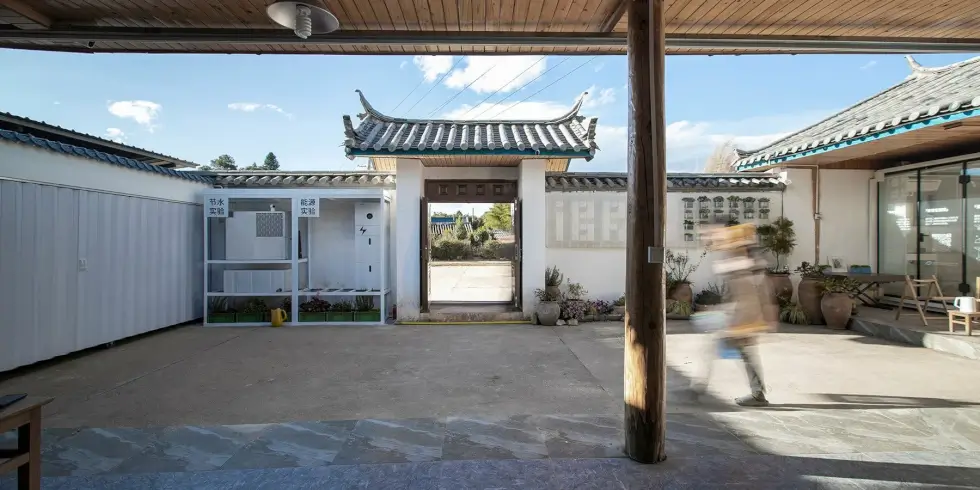
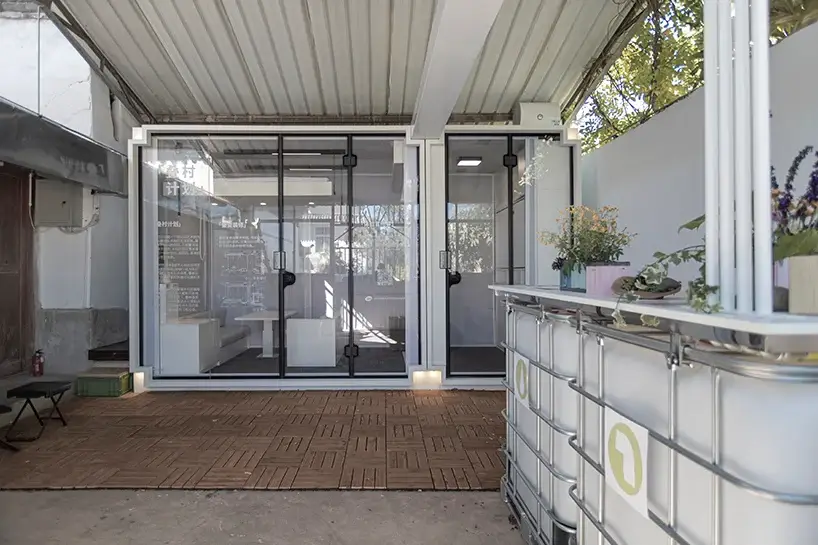
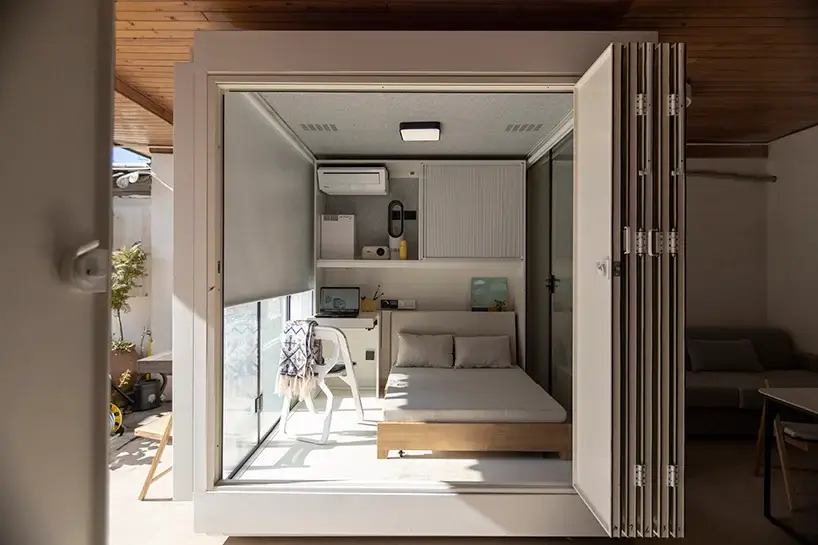
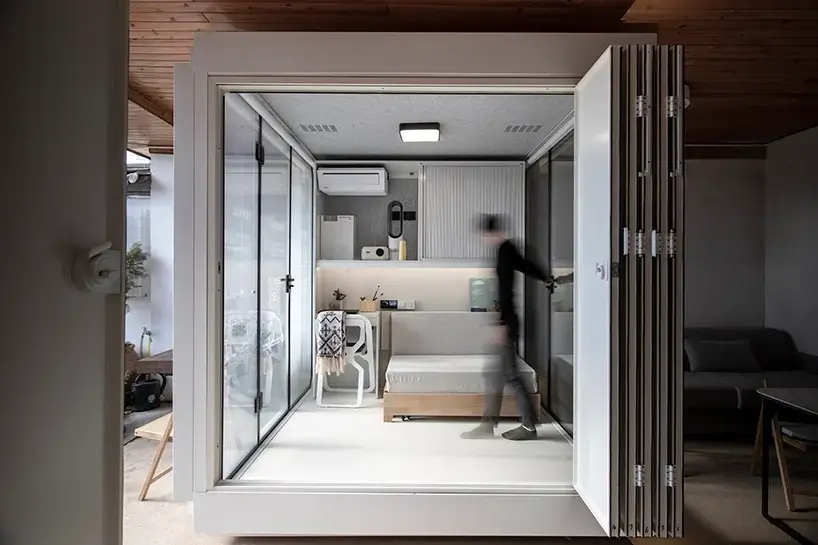
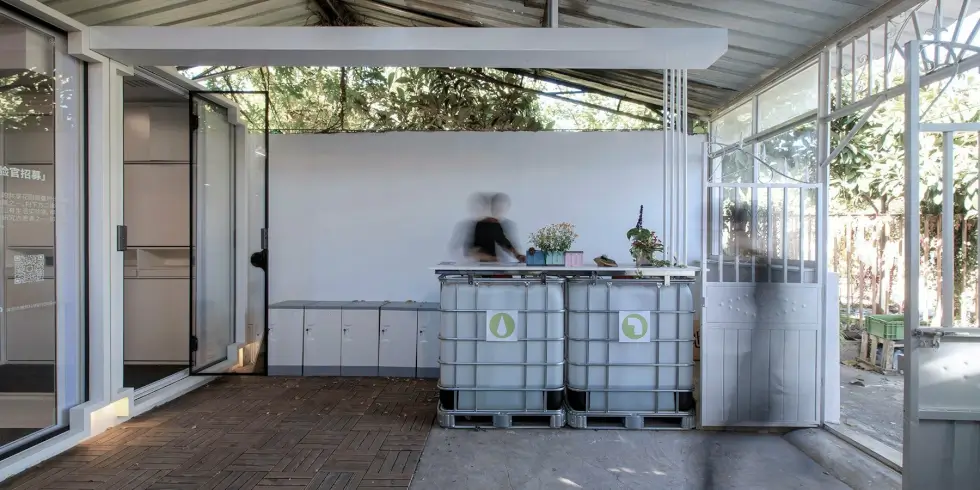
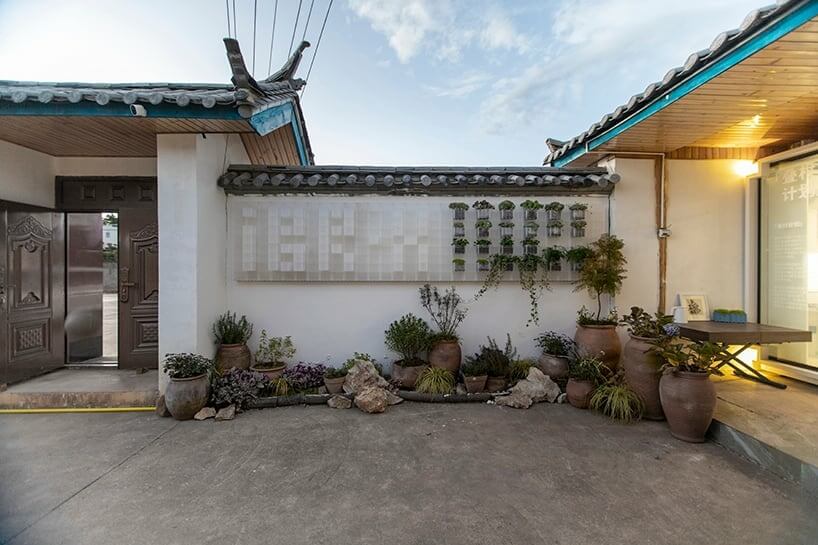
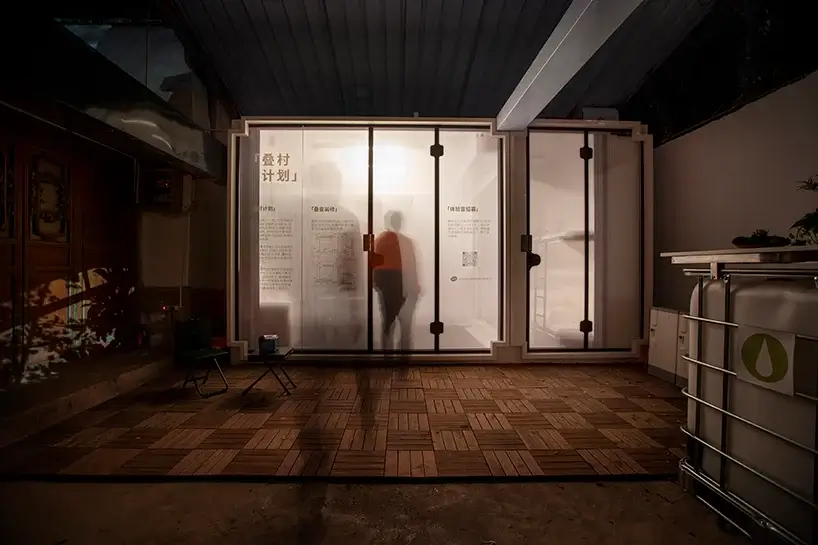
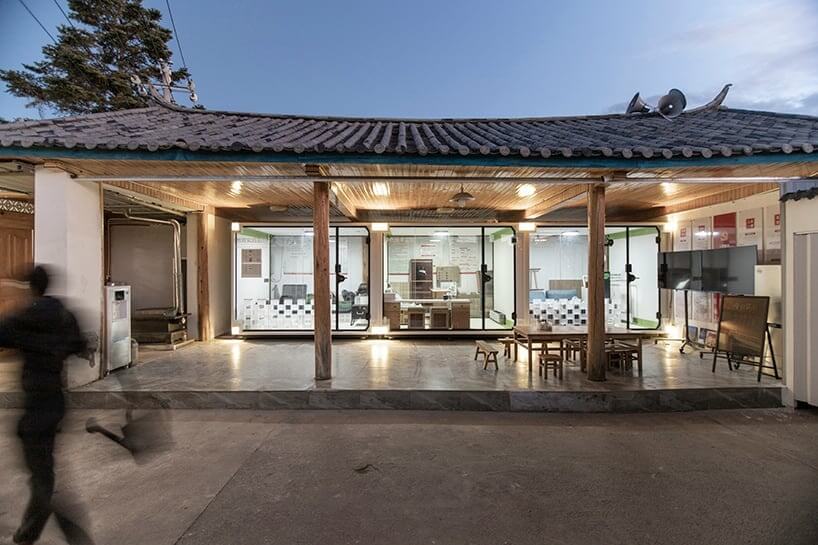
Images courtesy of Shenzen Institute of Building Research Co. Ltd.

